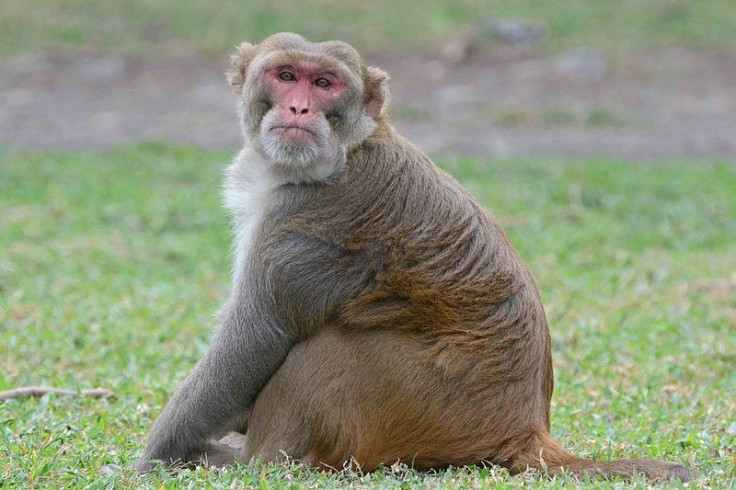New species of monkey - white-cheeked macaque - identified by its weird penis and dark hairy scrotum

A new species of monkey has been discovered in south-eastern Tibet, identified by its weird genitals – a rounded glans penis and a dark, hairy scrotum.
Macaca leucogenys, white-cheeked macaque, was identified through 738 photos taken during direct observations and camera traps.
Researchers publishing their findings in the American Journal of Primatology said the creature appears to be distinct from the Macaca sinica species group, including M. mulatta, M. thibetana, M. assamensis, and M. munzala.
"Moreover, the species is distinguished from all potential sympatric [those who live in the same region] macaque in exhibiting a suite of pelage characteristics including relatively uniform dorsal hair pattern, hairy ventral pelage [its hair, fur, wool, or other soft covering], relative hairless short tail, prominent pale to white side- and chin-whiskers creating a white cheek and round facial appearance, dark facial skin on the muzzle, long and thick hairs on its neck, and a round rather than arrow-shaped male genitalia," the authors wrote.
The team said the species was found in a range of habitat types, from tropical forests to evergreen broad-leaved forests.
Speaking to New Scientist, Chao Zhao, a researcher at China's Dali University's Institute of Eastern-Himalaya Biodiversity Research, said: "The forest in Modog is like a nature library, and we know very little about it. Discovery of the new macaque species suggests that there may be some species that still remain undiscovered in this area."
However, the team also warned that the monkey as at risk of illegal hunting and the construction of hydropower stations in the areas it resides.
"Discovery of this new primate species further highlights the high value for biodiversity conservation of south-eastern Tibet and calls for more intensive surveys, studies, and environmental protection in this area," they wrote.
While the scientists believe M. leucogenys to be a new species, it cannot be classified officially until DNA evidence can prove it is distinct from other macaques.
© Copyright IBTimes 2025. All rights reserved.






















